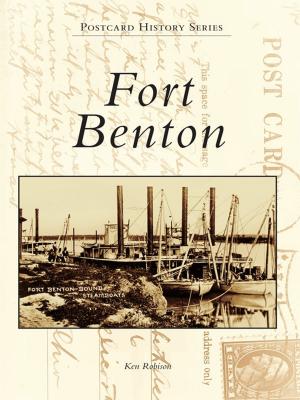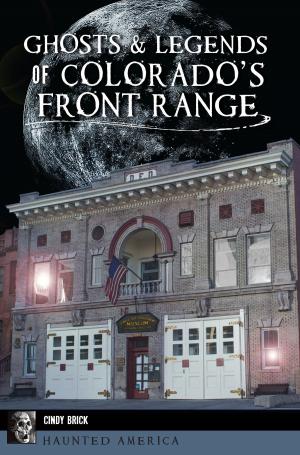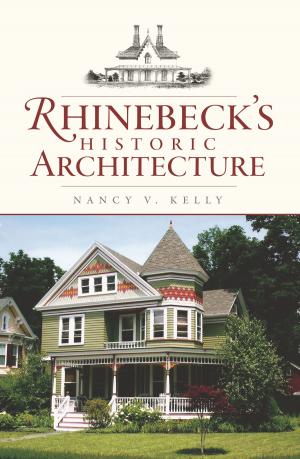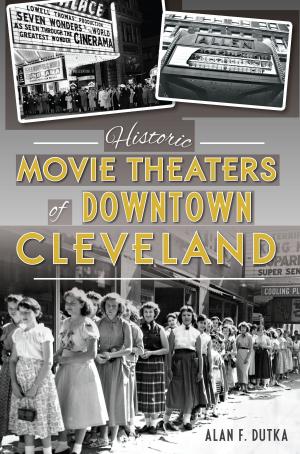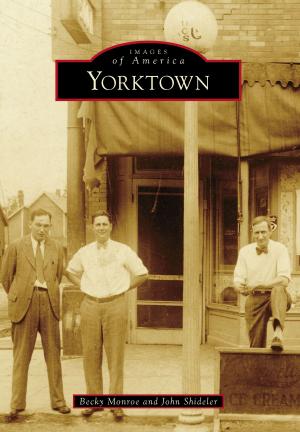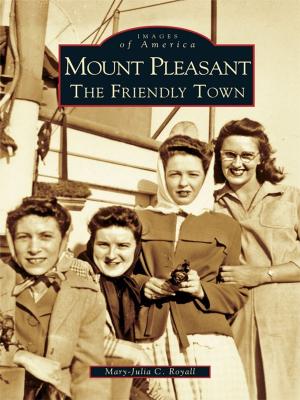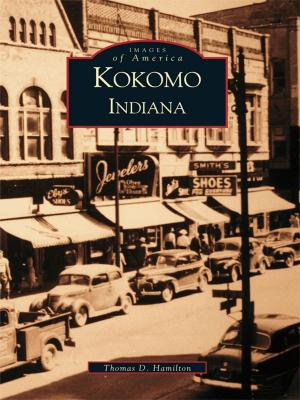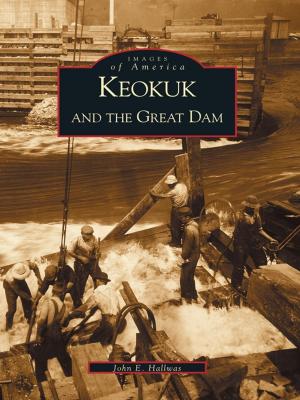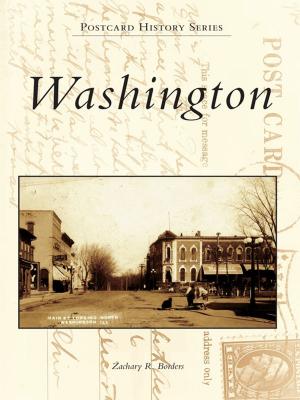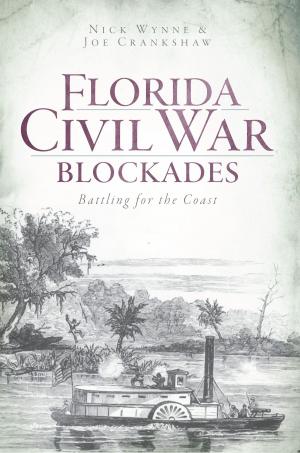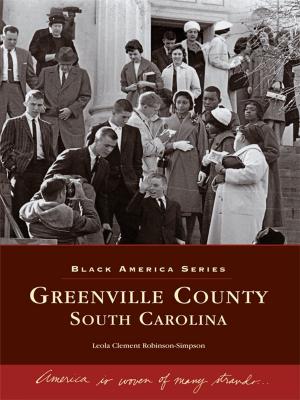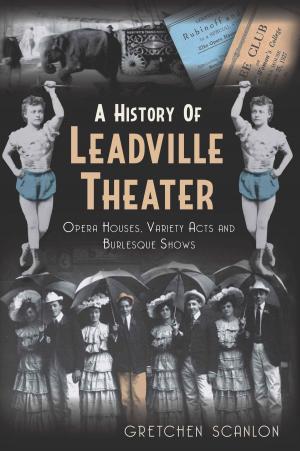| Author: | Jody B. Shapiro, Joel A. Bloom | ISBN: | 9781439618585 |
| Publisher: | Arcadia Publishing Inc. | Publication: | May 2, 2007 |
| Imprint: | Arcadia Publishing | Language: | English |
| Author: | Jody B. Shapiro, Joel A. Bloom |
| ISBN: | 9781439618585 |
| Publisher: | Arcadia Publishing Inc. |
| Publication: | May 2, 2007 |
| Imprint: | Arcadia Publishing |
| Language: | English |
Aptly named because of its hilly terrain and abundance of trees, the area now known as Forest Hills was a dusty coal mining community in the late 1800s. Centered between two major roads, the Lincoln Highway (Ardmore Boulevard/U.S. Route 30) and the Greensburg Pike, Forest Hills was incorporated in 1919 in order to gain better representation for tax money. Technology put the town on the map with the first commercial licensed radio station broadcast in 1920 and the Westinghouse Atom Smasher, built in 1937. As the borough grew with new houses, schools, and parks, so did traditions such as the Fourth of July celebration at Forest Hills Park and the Bryn Mawr Corn Roast. Many who live in the community are third or fourth generation residents. Using vintage photographs, Forest Hills presents the untold story of this tight-knit community.
Aptly named because of its hilly terrain and abundance of trees, the area now known as Forest Hills was a dusty coal mining community in the late 1800s. Centered between two major roads, the Lincoln Highway (Ardmore Boulevard/U.S. Route 30) and the Greensburg Pike, Forest Hills was incorporated in 1919 in order to gain better representation for tax money. Technology put the town on the map with the first commercial licensed radio station broadcast in 1920 and the Westinghouse Atom Smasher, built in 1937. As the borough grew with new houses, schools, and parks, so did traditions such as the Fourth of July celebration at Forest Hills Park and the Bryn Mawr Corn Roast. Many who live in the community are third or fourth generation residents. Using vintage photographs, Forest Hills presents the untold story of this tight-knit community.

